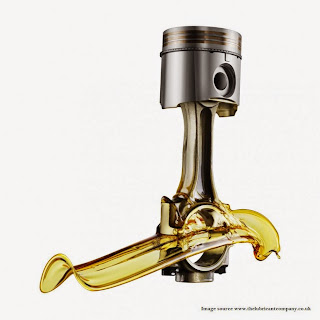The global in vitro toxicology testing market is set to experience significant growth
The global in vitro toxicology testing market
is set to experience significant growth, with the market projected to
reach USD 18.6 billion by 2027 from USD 11.2 billion in 2022, growing at
a CAGR of 10.8%. The key drivers of this growth include increasing
R&D expenditure to detect toxicity at an early stage during drug
development, as well as the pharmaceutical and cosmetics industries'
increasing focus on using in vitro methods. This market is highly
competitive, with key players such as Thermo Fisher Scientific, Merck
KGaA, and Laboratory Corporation of America Holdings focusing on
increasing their presence in high-growth markets through organic and
inorganic growth strategies.
Thermo Fisher Scientific is a
leading player in the in vitro toxicology testing market, providing
laboratory equipment, analytical instruments, consumables, services, and
reagents. With a strong global sales and distribution network, the
company operates from the Life Science Business segment in the in vitro
toxicity testing market.
Merck KGaA is another leading science
and technology company with a strong global presence in more than 120
countries, operating from the life science segment in the in vitro
toxicology market. The company focuses on geographical expansions to
increase its customer base.
In vitro toxicology testing is
crucial in drug discovery and development, as it assesses the safety of
potential new drugs and determines safe dose levels. This testing is
conducted using cell culture, animal models, and computer models to
evaluate potential toxicity. In vitro tests can reduce the number of
animal studies needed to evaluate drug safety, as well as reduce the
costs associated with drug development.
Toxicity profiling,
including tests such as Ames tests, mammalian cell culture tests,
cytotoxicity testing, cell-based assays, and genotoxicity assays, can be
used to determine the potential toxicity of a new drug or chemical
compound to assess its safety for human use or environmental exposure.
In vitro carcinogenicity testing is conducted using cell cultures to
determine if a substance has the potential to cause cancer. Genotoxicity
tests, such as the Ames test, the micronucleus test, and the comet
assay, can provide valuable information about a substance's potential to
damage genetic material.
The market is geographically divided
into North America, Europe, Asia-Pacific, South America, and the Middle
East Africa, with the APAC market projected to register the highest
growth during the forecast period. Opposition to animal testing is also
resulting in the use of alternate methods.
https://www.marketsandmarkets.com/Market-Reports/in-vitro-toxicology-testing-market-209577065.html
https://www.marketsandmarkets.com/ResearchInsight/in-vitro-toxicology-testing-market.asp
https://www.prnewswire.co.uk/news-releases/in-vitro-toxicology-testing-market-worth-18-6-billion-by-2027-exclusive-report-by-marketsandmarkets-tm--867340077.html
https://www.globenewswire.com/news-release/2022/11/11/2554094/0/en/In-Vitro-Toxicology-Testing-Market-to-Hit-18-6-billion-by-2027-Exclusive-Report-by-MarketsandMarkets.html

Comments
Post a Comment